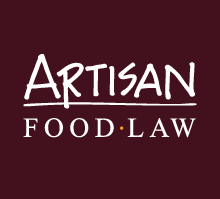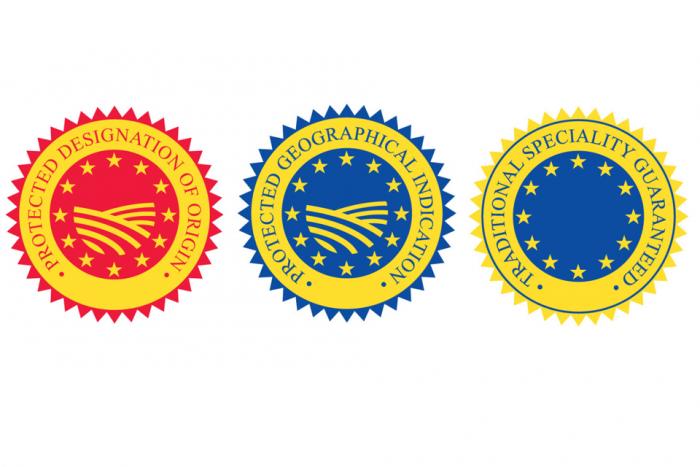Protected food names are under threat
In the UK, food products bearing a 'protected food name' are on average sold at a significant premium to the price of otherwise comparable food. Protecting the authenticity and value of traditional foods is crucial if we are to sell the UK as a source of delicious and high-quality food, rooted in good food stories, traditional skills and history. Yet descriptions that protect both value and values are at risk from changes to our food rules consequent on the EU Withdrawal (Repeal) Bill and new international trade deals.
The EU first introduced arrangements for the protection of traditional foods back in 1992 and there are now 1,393 foods registered – including Scotland’s Arbroath Smokies to Yorkshire Forced Rhubarb. While Italy, France and Spain were quick to take advantage of the new scheme, the UK was slow to recognise the value of the geographical indications – protected designation of origin (PDO) and protected geographical indication (PGI) - and the traditional speciality guaranteed (TSG) which are the designations set out in the food quality Regulation (EU) 1151/2012.
More recently, a change of approach has been very much in evidence. In late 2014 then Defra Secretary Liz Truss made a big push to encourage more applications for registration and 23 foods have since secured registration or have applications pending. More than a half of the UK’s 79 protected food name products were registered in the last 10 years.
Since the referendum last June there have been eight new hopeful applications made and six new food products registered, in recent weeks West Wales coracle caught salmon and sewin (Welsh sea trout) and London Cure Smoked Salmon gained PGI status. The process for securing protection is long and arduous so if we’re leaving the EU, some might ask, what’s the point?
Protecting the authenticity of traditional foods remains a driving force underlying the scheme. Consumers are provided with an assurance they are purchasing a genuine food product and the scheme helps reconnect people with the source of their food. Farmers and producers are assisted in establishing a strong brand and gain protection from imitation throughout the EU.
Protected food name status is a form of intellectual property right and registered foods attract a substantial premium. The European Commission has estimated that, in the UK, protected food names are on average sold at almost twice the price of a non-protected comparable food. The UK market was worth almost £5 billion in 2010. There is a cost associated with protection which producers must bear, but a significant financial benefit remains.
The Brexit White Paper sets out the Government’s approach to the ‘Great Repeal Bill’ which would enshrine EU regulations, including the food quality Regulation (EU) 1151/2012, into domestic law as it stands at the point of the UK’s exit from the EU. This would not in itself, as the White Paper highlights, be sufficient to work effectively. Foods already registered would continue to be protected, unless the EU took steps to remove them from the register. On the other hand, the registration process is ultimately in the hands of the European Commission, even if the Government were to agree to continuing this arrangement, the Commission is unlikely to recognise new applications from the UK or continue to deal with those in the pipeline under the terms of a UK regulation frozen in time. It may well take the view that this is a matter for a future UK-EU trade deal making the solution a decade or more away.
Provision is made in food quality Regulation (EU) 1151/2012 for producers in non-EU countries to apply for registration. There are already several examples of foods from countries outside the EU, including Norway and Turkey, and direct applications to the Commission may be made by a group of producers.
There have been indications that Defra is working on a scheme, but there is little evidence it has any grasp of what is required. A UK DIY scheme would be fraught with problems. The now widely recognised quality logos are the property of the EU and could not be awarded and consumers are suffering from logo fatigue. A scheme introducing new quality marks would lack credibility and standing, in the very least it would take time, many years, to gain acceptance and probably never would in Europe. The financial cost would be considerable.
Defra clearly see protected food names purely in terms of a marketing opportunity, particularly for food exports and the bigger food corporates have not failed to notice the premium which a protected food name carries. In any future new or amended scheme who is likely to be favoured? The bigger food corporates or the next West Wales coracle fishers? The EU has done much to help preserve food traditions in the UK, let’s not now lose them and the benefits they bring.
This is an edited version of one of a series of Brexit Briefs: Artisan food makers could profit from protected food names - if Defra chooses to champion them published by Sustain, the alliance for better food and farming.





